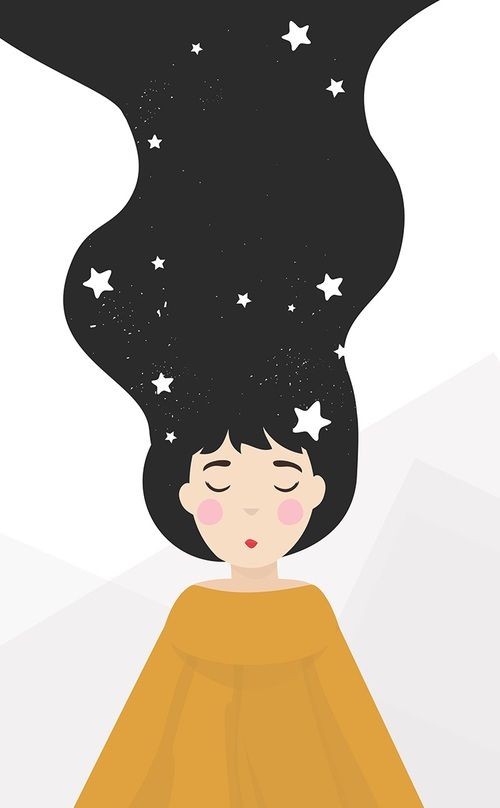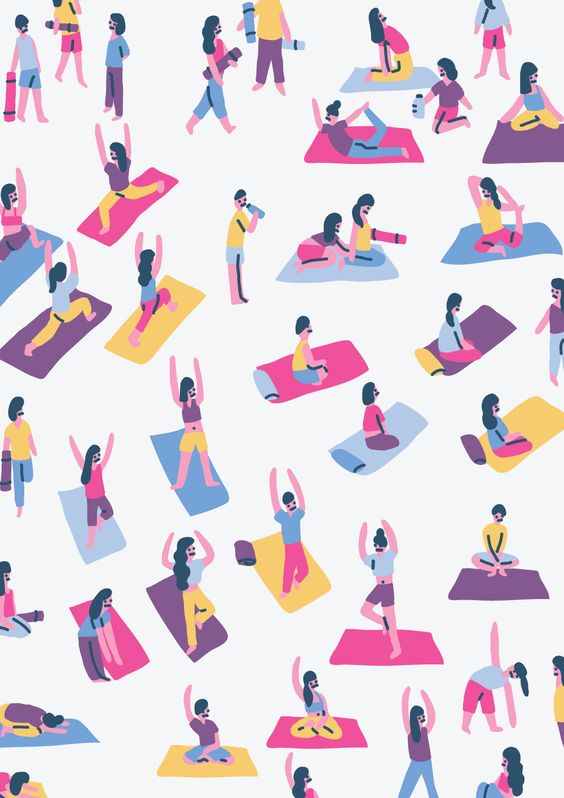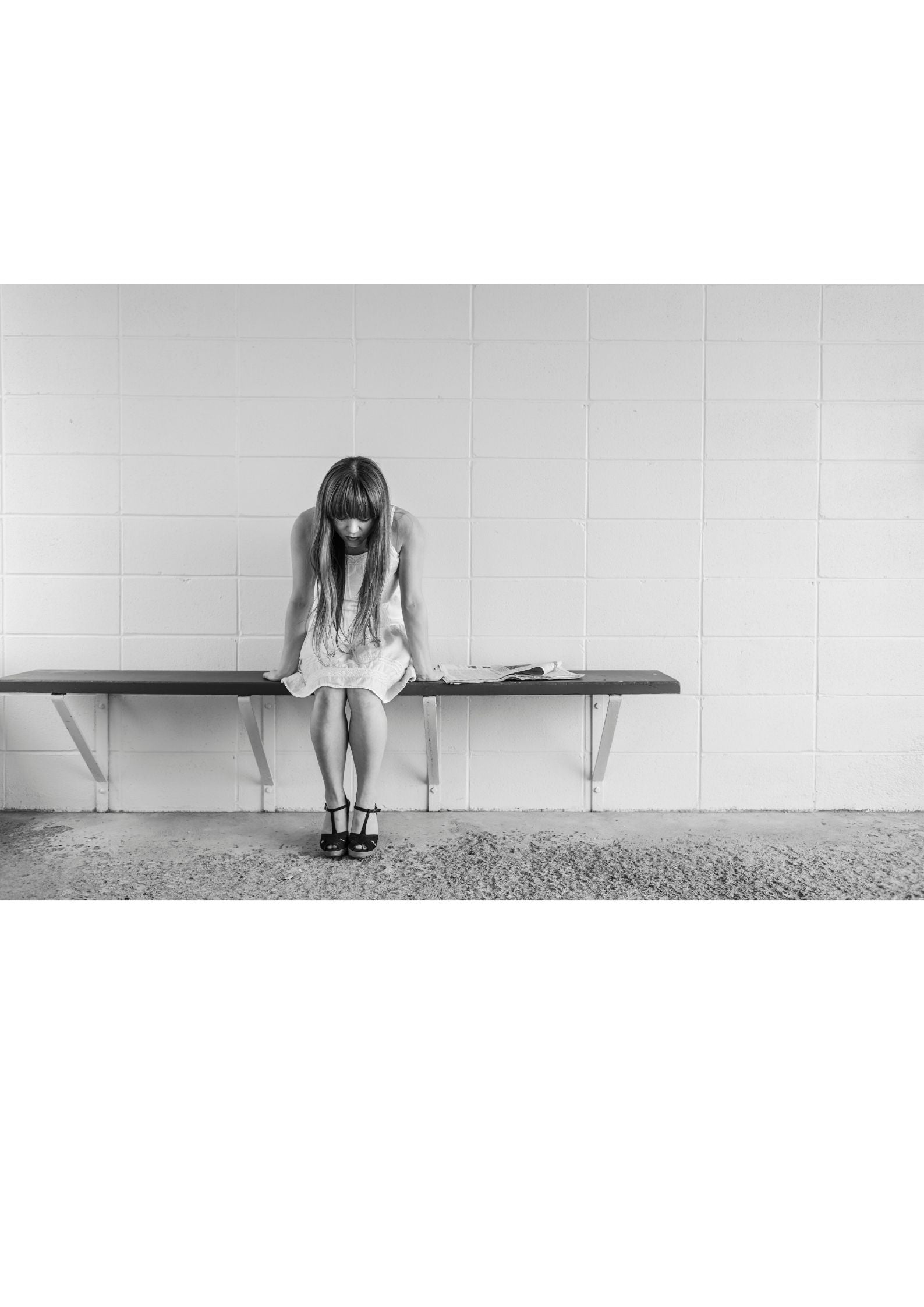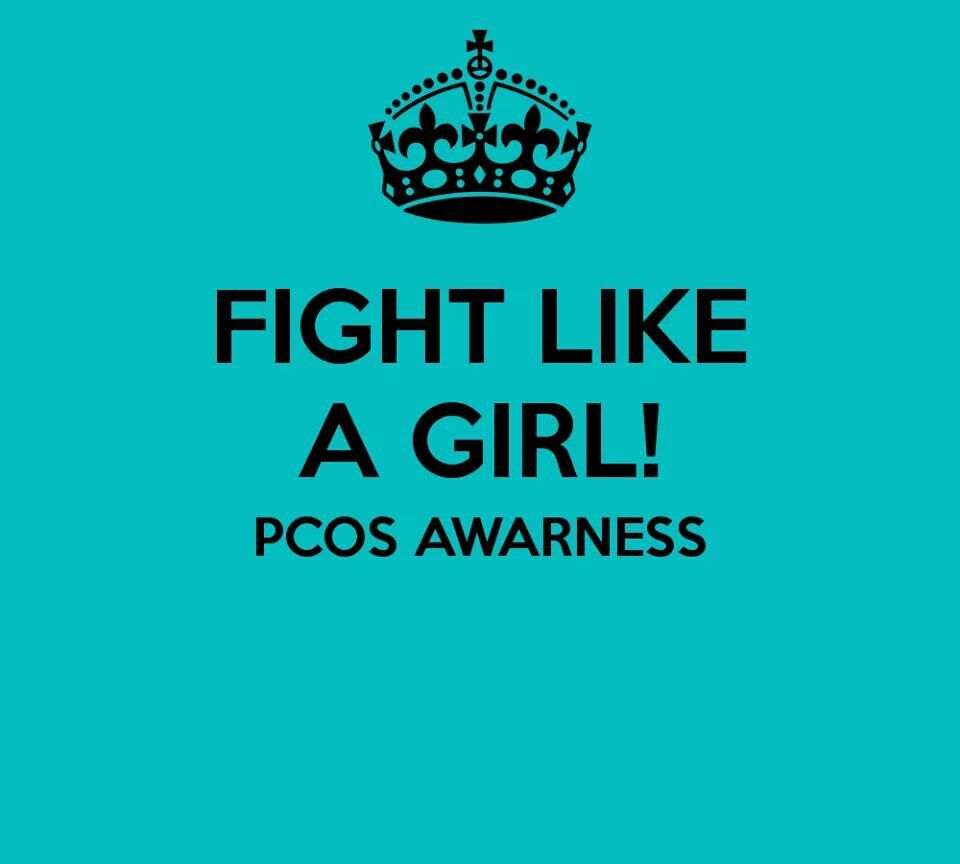Skincare as Self-care: The Science Behind Beauty Rituals

Ever heard of going on a social media cleanse to step away from the bubble of perfection, and just unwind for a bit? What about waking up early in the morning and preparing some ginger tea right before your yoga session? All of these are forms of self-care that help you re-ground in today’s fast paced, ever-connected world. At Primary, our skincare rituals are also an important part of our self-care.
October 10th is World Mental Health Day, and we asked Alizeh Valjee what ‘self-care’ means and how it can fit into someone’s busy schedule.
 Alizeh holds a BA. in Psychology & Religion from Mount Holyoke College, an Advanced Diploma in Humanistic Integrative Counselling from CPPD, is a certified dance meditation facilitator and a certified yoga instructor. She co-founded CareForHealth, Taskeen, and Saaya Health, organizations that focus on mental health awareness, treatment, and prevention. She has been counselling in private practice for 5 years.
Alizeh holds a BA. in Psychology & Religion from Mount Holyoke College, an Advanced Diploma in Humanistic Integrative Counselling from CPPD, is a certified dance meditation facilitator and a certified yoga instructor. She co-founded CareForHealth, Taskeen, and Saaya Health, organizations that focus on mental health awareness, treatment, and prevention. She has been counselling in private practice for 5 years.
Here's what she has to say:
“Self-care is any activity that you undertake purely for yourself. It can also be a lack of activity- so just resting. But, it’s done for yourself. Someone/something else may benefit indirectly, like if you’re watering plants for example, but the direct beneficiary should be yourself. It’s great to have a regular practice of self-care. If we are stressed out and we practice self-care at that moment, sure, it relieves the stress. But, if we develop a regular practice of self-care, it builds our resilience against those very stressors i.e. strengthens our in-built capacity to cope with them. Skin-care can be an effective form of self-care, along with meditation or restorative yoga.”

Your beauty rituals don’t have to be the same as Kim Kardashian’s
When the term “beauty rituals” is mentioned, a mental image of your lathering your body with incredibly expensive, tiny bottles of French oils might pop up, but this does not always have to be the case. In our fast-paced modern era, self-care has become wildly commercialised. Media tries to promote an array of products that you must have to maintain the illusion of a happy, healthy, beautiful life. However, everyone has the right to form a personalized beauty ritual. On some days, you might want to cleanse, tone, exfoliate, mask, treat and moisturise your skin with a full ten-step routine. On other days, you might spend an hour trying to convince yourself to get out of bed. There is absolutely nothing wrong with that - and the key is to always be gentle with yourself! Your beauty rituals don’t have to be constant; they can change depending on your routine, mood, or even your mental health.

Mental health professionals agree that beauty rituals can help soothe anxiety
Studies have proven that the act of applying makeup, following a skincare ritual, doing your nails, or taking a long warm bath can help calm your nerves. Anxiety can stem from the fear of the unknown- uncertainty. When one is experiencing anxiety they may feel as if they are not in control of circumstances. A ritual can give you structure, helping you to organize your thoughts and allow you to feel in control. This can bring you relief from anxiety for some time after the ritual.
Beauty rituals are also a form of mindfulness practice. They induce feelings of productivity, encouraging you to get through each day step-by-step, especially when you catch yourself stuck in a vicious cycle of self-doubt, negative thoughts, obsessive behaviour, overthinking or when you find yourself spiralling. It is rarely about the finished look and more about the process, since mindfulness helps calm the downward spiralling going on in your head.

Alizeh too recommends self-care to everyone
“I think it’s a very important process that we tend to miss out on. For me, when I used to come back from traveling, I would take time to unpack, take out my new things and get rid of some old ones. I would like to take a lot of time to do that. It personally felt like a renewal- of-the-energy process each time. If I’ve had a stressful day, my night-time ritual becomes even more important. I dim the lights, light a scented candle and take a hot shower to relax my muscles. Sometimes I read a book, have a glass of herbal tea or follow a skin-care ritual to calm myself down. I recommend self-care rituals to my clients who say they can’t fall asleep at night. Mostly, these are clients who are experiencing anxiety and are having trouble switching off their overactive minds. The idea is to transition them towards being in their body and relaxing. Taking out some time for therapeutic rituals requires minimal effort but can really go a long way!”

Dealing with your emotions is never easy. However, finding a beauty ritual that works as your coping mechanism can make all the difference in the world.
In mindfulness, people are often asked to color or identify objects around them using their five senses. These methods of mindfulness bring your awareness back to the present moment and can help you to distance yourself from the overwhelming thoughts and emotions. Your coping mechanism can be as simple as putting on a face mask, exfoliating your skin, cutting your nails or tweezing your upper lips - any method by which you are mindfully checking in with your body or yourself and focusing less on worries of the past or future.

Here are 6 ways a beauty ritual can help you feel more grounded:

Of course, don’t cross the line by obsessing over your skin, standing in front of a mirror for hours at a stretch, constantly picking and exfoliating your skin. A balanced ritual will help with your mental health, making you feel satisfied, motivated and in control. Remember to not get sucked into unrealistic images of beauty, giving yourself the space to find what works best for your mental health.




Comments